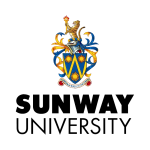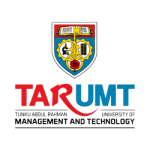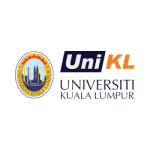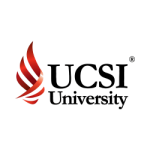In This Article
- What is the difference between business and commerce?
- What is a Foundation in Commerce?
- What Foundation in Commerce subjects should you choose?
- Foundation in Commerce bachelor's degree programmes and career pathways
- Foundation vs other pre-university programmes
- What are the benefits of studying a Foundation in Commerce?
- How to apply for a Foundation in Commerce
- Fondation in Commerce courses in Malaysia

What is the difference between business and commerce?
Business and commerce are terms often used interchangeably, but upon deeper understanding, they cover different aspects.
At its core, business refers to the broad spectrum of activities related to producing, distributing and exchanging goods and services. It encapsulates the entire process, from conceptualisation to consumer interaction.
Meanwhile, commerce focuses specifically on exchanging goods and services in return for something valuable.
In academics, the distinction between these terms is highlighted further through the courses that fall under each category. Business programmes usually provide a broader education that covers management, planning and entrepreneurship, like business management or international business. On the other hand, commerce focuses on the economic aspects of trade, finance and accounting, and you can usually pursue a Bachelor in Commerce with a major in areas like accounting or economics.
Business career options often span managerial roles, entrepreneurship and corporate leadership, while commerce graduates may find themselves in fields like accounting, banking and financial analysis.
What is a Foundation in Commerce?
Like most other foundation courses, a Foundation in Commerce typically requires only one year to complete.
Five credits or Cs in SPM, or an equivalent like O-Levels or 3Bs in UEC, are usually the minimum grades required for entry. That said, each institution may have slight variations, so check the course’s entry requirements before applying.
A Foundation in Commerce can be right for you if you are not only certain of furthering your studies in business but have set your sights on honing your business skills in trade, finance and accounting. Since it only requires 12 months to complete, it is a relatively quick route to kick-starting your undergraduate studies.
Tuition fees for Foundation in Commerce courses vary widely but range between RM8,000 and RM25,000. This makes foundation courses one of the faster pre-university options and one of the more affordable offerings.
The number of subjects varies from institution to institution. However, you can usually expect to take at least 10, with subjects being split between compulsory core subjects and electives that you can pick.
In terms of assessment criteria, foundation courses are structured to evaluate students more holistically. This means that you will have written exams at the end of each semester and be assessed continuously throughout each semester through group projects, quizzes and presentations. Many of these courses also aim to develop critical thinking and communication skills by having subjects that cater specifically to them.
By this point, you may have some understanding of the differences between Foundation in Commerce and Foundation in Business. For more on the latter, head over here to read our comprehensive guide.
- Fast facts about Foundations in Commerce courses
- A Foundation in Commerce usually takes one year to complete.
- The minimum entry requirements are normally five credits or Cs in SPM or an equivalent like O-Levels.
- Tuition fees range between RM8,000 and RM25,000 on average.
- The number of subjects varies from institution to institution, but there are usually at least 10. These subjects are a mix of core modules and electives.
- Bachelor’s degree programmes that can be taken after obtaining your Foundation in Commerce include accounting, commerce and communication.
- Some careers popular among Foundation in Commerce graduates are chartered accountant, investment banker and chartered financial analyst.
What Foundation in Commerce subjects should you choose?
When embarking on a Foundation in Commerce, it is wise to assess the subjects covered under an institution’s course and see whether they align with your learning goals.
To give you an idea of what to expect, core subjects in Foundation in Commerce typically cover foundational areas such as accounting, economics, business mathematics and finance, providing students with a comprehensive understanding of the fundamental principles of commerce.
Additionally, you’ll have the opportunity to select electives that enable you to explore different interests or specialise in certain fields of study. Electives may include marketing, international trade or financial management. That said, it is worth mentioning that not every course has electives.
If you’re unsure of what subjects or electives to look out for, it helps to think about your current motivations, interests and long-term career goals. For instance, you want to look out for modules like economics and accounting if you’re aiming to enrol in a Bachelor of Commerce. If a career in marketing sounds more interesting to you, look for subjects that focus on communication and marketing principles.
Also, since this would be the first chapter in your tertiary education journey, you may benefit from a course that emphasises soft skills such as creative and critical thinking. As important as fundamental knowledge is, being well-rounded is key to succeeding in your undergraduate studies and beyond.
In general, foundation courses have two or three semesters that make up the year. These semesters can be anywhere between three and six months long.
A Foundation in Commerce qualification can lead to various bachelor’s degrees and, by extension, careers in promising fields. If you go on to study a Bachelor in Marketing, you can look forward to job opportunities as a marketing manager, finance analyst and digital marketer. On the other hand, you can also pursue a Bachelor in Accounting and Business, leading to careers such as a chartered accountant, financial advisor and auditor, among others.
Foundation in Commerce bachelor's degree programs and career pathways
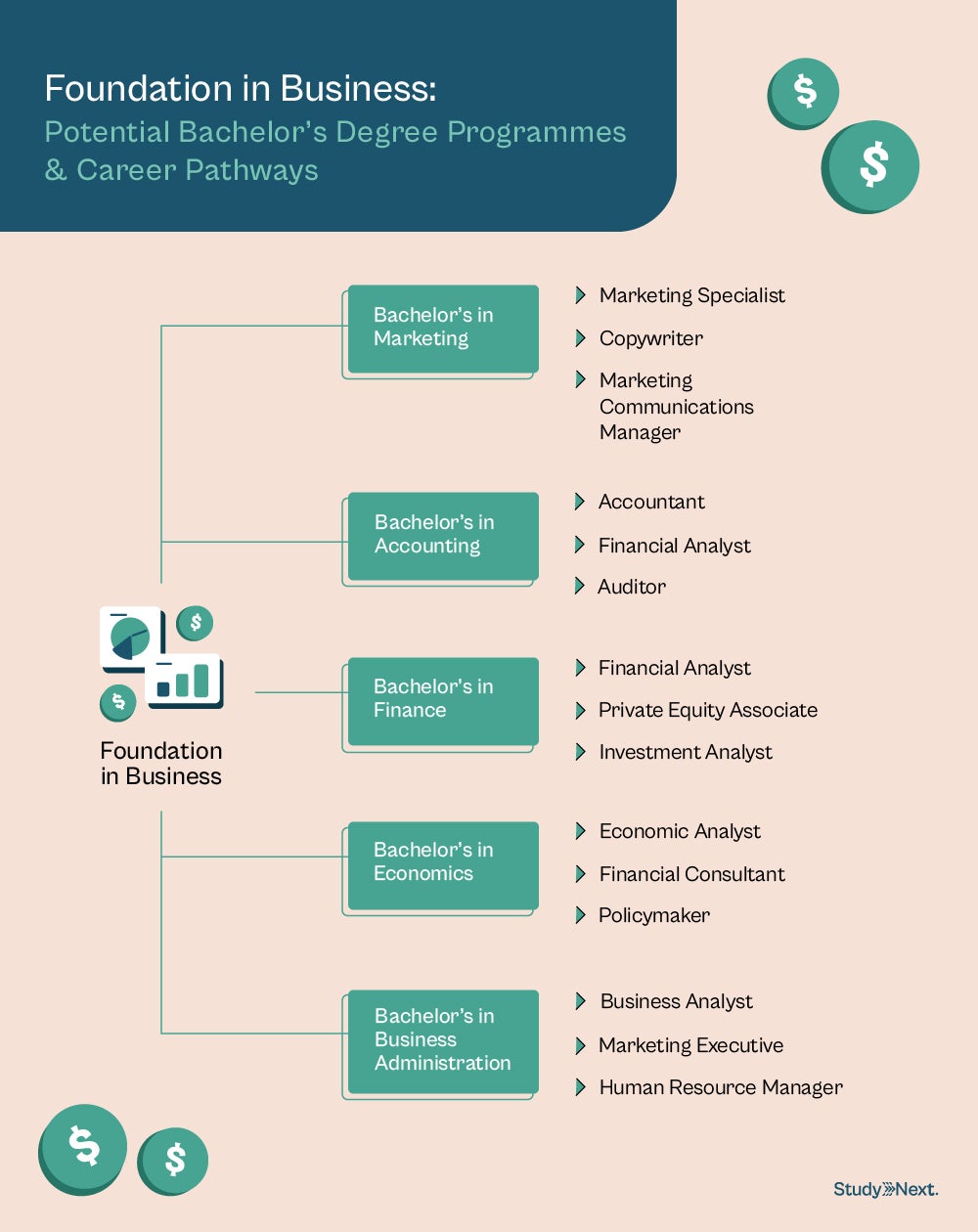
Foundation vs other pre-university programmes
| Criteria | Foundation | Diploma | STPM |
|---|---|---|---|
| Duration | 12 months | 24 - 30 months | 18 months |
| Structure | Tailored to degree courses offered by the university and a combination of compulsory, elective and general studies subjects | Focuses on a specific field of study, with greater emphasis on learning practical skills that boost one’s employability upon graduation | Modular format that continually assesses students over the course of three six-month-long semesters. Beyond written exams, students are assessed via field study, projects and practical work |
| Assessment | Mix of coursework, exams, quizzes and final assessments | Mix of assignments, practical assessments, coursework and examinations | School-based assessment (20-40%), centralised examinations (60-80%) at the end of each term and co-curricular activities (10%) |
| Recognition | Recognised by the university that provides the programme and some other private universities (may vary from institution to institution) | Recognised for degree acceptance at the university offering the diploma. Credit transfer may be applicable to other institutions | Recognised by all local public universities, local private universities and over 2,000 foreign universities |
| Entry requirements | Varies by university | Course-specific requirements | Entry to public universities requires a minimum CGPA of 2.00, with grades of C and above in 3 subjects, including general studies. Entry requirements for local private universities and foreign universities vary according to institution |
| Number of subjects | Varies by course | Varies by course | 4 - 5 |
| Criteria | A-Levels | American Degree Transfer Program (ADTP) | WesternAustralian Matriculation (AUSMAT) | Canadian International Matriculation Programme (CIMP) |
|---|---|---|---|---|
| Duration | 14 - 24 months | 24 months | 7 - 10 months | 12 - 15 months |
| Structure | Has two levels called AS and A2, which foster critical thinking and in-depth knowledge of chosen subjects | Broad-based, learning-driven education | Assignment-based with continuous assessment | Interactive learning focus, with a progressive accumulation of marks |
| Assessment | Final examinations at the end of each level | Mix of exams, coursework, assignments, presentations, quizzes and research papers | 50% coursework and 50% exams | 70% coursework and 30% final examinations |
| Recognition | Widely recognised by local and international institutions | Recognised by American universities | Recognised by local and international institutions | Recognised by local and international institutions |
| Entry requirements | Subject-specific requirements that depend on the course | Completion of approximately 60 credits | Varies by university | Varies by university |
| Number of subjects | 3 - 4 | 20 | 5 | 6 |
What are the benefits of studying a Foundation in Commerce?
- Develops a diverse skill set
Obtaining a Foundation in Commerce equips you with a diverse skill set that primes you for success in an ever-changing business landscape. From analytical and problem-solving abilities to the basics of financial concepts, students graduate with a versatile edge that readies them for various bachelor’s degrees and careers in various sectors. - Provides more career opportunities
A Foundation in Commerce is a gateway to various career pathways, including but not limited to accounting, marketing, finance and business management. - Boosts financial literacy
As a Foundation in Commerce exposes you to principles of accounting, financial management and economics, you will naturally develop greater financial literacy, which benefits you both professionally and personally. - Fosters a global perspective
In business and commerce, having a global mindset is key to success, and a Foundation in Commerce fosters that by teaching you the basics of international business. You may get to develop it outside of the classroom through interactions and assignments with fellow students from abroad.
How to apply for a Foundation in Commerce
The application process for a Foundation in Commerce is similar to other foundation courses and can usually be done completely online. Here are the steps:
Step 1. Pre-application
- Check the requirements of the Foundation in Commerce programme at your desired institution including exam results and minimum age for entry.
- Check the institution’s Malaysian Qualifications Agency (MQA) accreditations to ensure your programme is recognised and meets standards.
- Check the number of intakes, intake dates and other key dates such as the last day of application submission and payment deadlines.
Step 2. Application
- Prepare all necessary documents for your application. Institutions usually provide a checklist you can refer to easily.
- Check for application fees. If a fee applies, proceed with paying the fee.
- Check for a course deposit. If a deposit applies, proceed with paying the deposit.
- Submit your application and required documents. Most institutions have an online portal where you can make your submission.
Step 3. Post-application
- If an online portal for your desired institution exists, you can usually track your application status there.
- Otherwise, keep an eye on your inbox for updates on your application via email.
- If your application is successful, you should receive an email detailing the next steps including the offer acceptance deadline and orientation date.
Foundation in Commerce courses in Malaysia
Here are some of the institutions in Malaysia that offer a Foundation in Commerce course:
1. SEGI College
SEGi College’s Foundation in Commerce offers a direct route to SEGi University’s undergraduate programmes and university partners based in the UK and Australia. The course is a dual-award certificate that SEGi College and the University of Greenwich jointly recognise.
| Intakes |
|
|---|---|
| Duration | 12 months |
| Subjects |
Core Subjects
Electives (choose 2)
|
| Fees | From RM13,400 |
2. University Poly-Tech Malaysia
After completing their Foundation in Commerce, students can progress to the university’s Bachelor in Business Administration or Bachelor in Business Administration with a major in Human Resource Management.
| Intakes |
|
|---|---|
| Duration | 12 months |
| Subjects |
Semester 1: Core subjects
Semester 2: Core subjects
Semester 3: Core subjects
Electives
|
| Fees | From RM10,230 |
3. Curtin University
Curtin University offers a Foundation in Arts and Commerce for an education that covers more bases. Students can choose from four different course structures that prepare them for specific bachelor’s degrees: Bachelor of Business Administration/Commerce, Bachelor of Science (Psychological Science), Bachelor of Communication and Bachelor of Science (Construction Management).
| Intakes |
|
|---|---|
| Duration | 12 months |
| Subjects |
Course structure for entry to Bachelor of Business Administration/Commerce
|
| Fees |
RM17,100 (local students) RM25,768 (international students) |
4. BERJAYA University College
BERJAYA University College’s Foundation in Commerce aims to cover business management fundamentals, including business mathematics, computer applications, accounting, and service operations management and language.
| Intakes |
|
|---|---|
| Duration | 12 months |
| Subjects |
|
| Fees |
RM16,150 |



